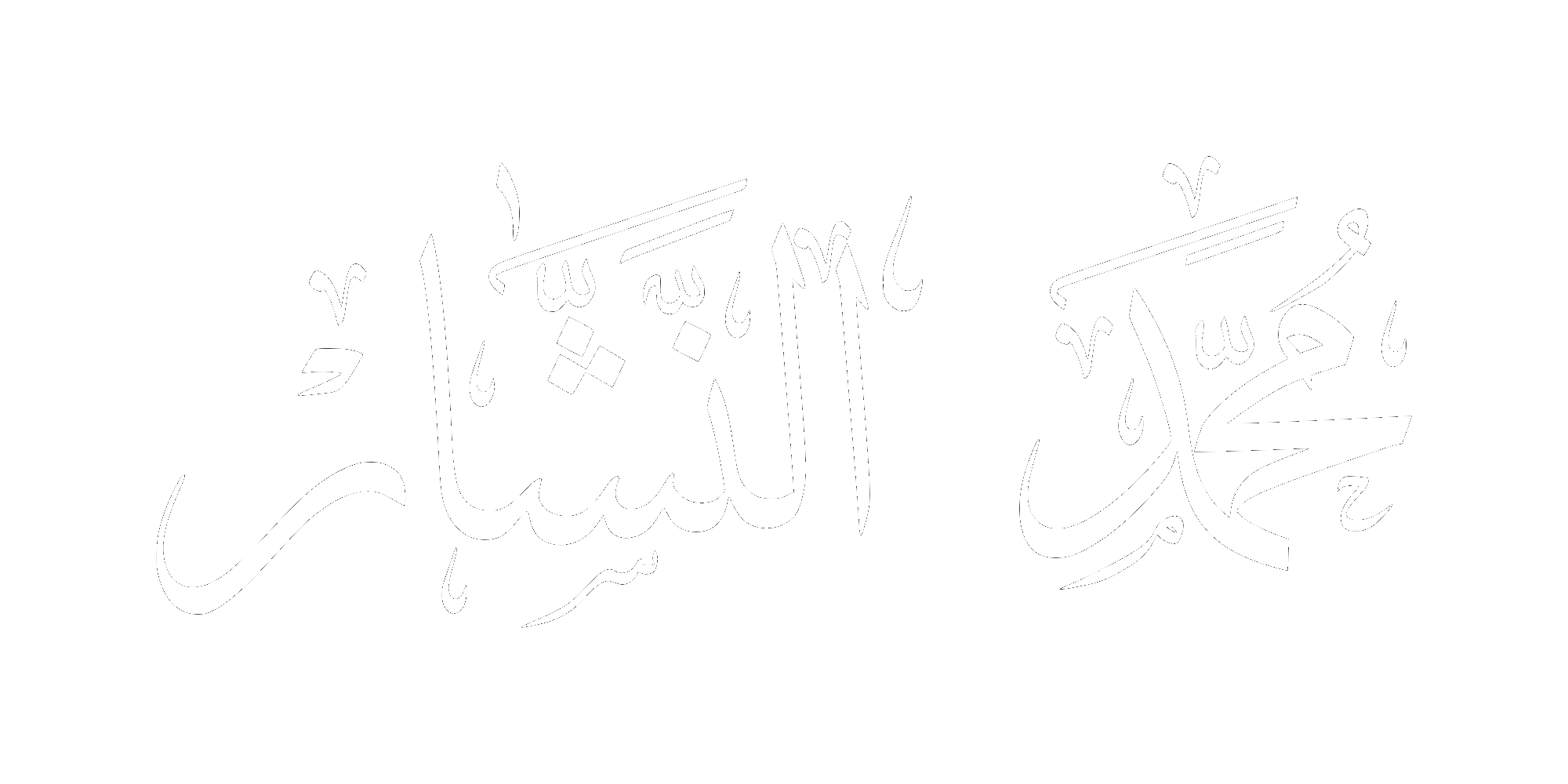Traditions (Hadith) are records of actions, statements and descriptions of Prophet Muhammad (peace and blessings upon him and his family). As these traditions are a key source of Islamic law, thought, culture, and life – second only to the Qur’an itself – this course aims to derive points of benefit from the Prophetic traditions.
This course, blending Hadith and Sciences with Arabic Studies, aims to nurture the student’s faith, deepen their religious understanding, increase their love for the Beloved Prophet Muhammad (peace and blessings upon him and his family), and provide clarity on how to embody the essence of his wisdom.
Studying the principles of hadith classification and terminology is a major component of hadith studies. This course covers the types of chains of transmission (asanid), types of acceptable narrations (maqbul) and the types of rejected narrations (mardud).
TOPICS COVERED
- Classification of Hadith.
- Types of chains of transmission.
- Types of rejected narrations.
- Hadith terminology.
- Fundamental concepts of Hadith sciences.
- Understanding 40 foundational hadith.
LEARNING OUTCOMES
- Gain precise definitions and explanations of core Islamic concepts.
- Contextualize this Prophetic guidance to our contemporary lives.
- Understand the beauty, wisdom, virtue, and mercy that is the essence and reality of Prophetic guidance.
- Describe the difference between ‘Hadith’ and ‘Sunnah’.
- Demonstrate an understanding of the different phases in the collating of hadith literature in the first three centuries of Islam.
- Evaluate the methods used to classify hadith.
- Demonstrate an understanding of the hadith types and their definitions.
- Differentiate between the levels of authenticity of hadith narrations.
impressum - datenschutzerklaerung - Copyright 2024, All Rights Reserved
